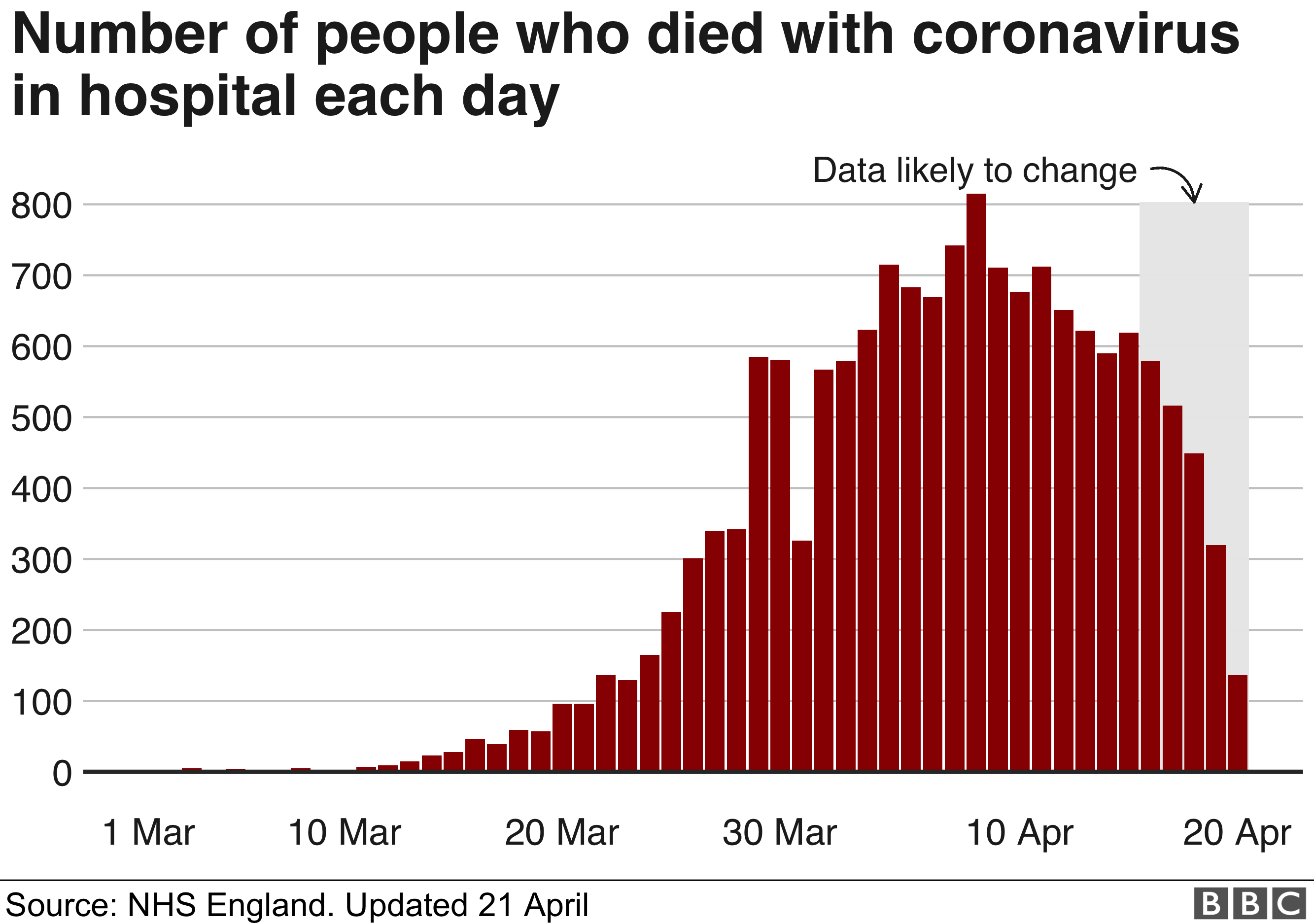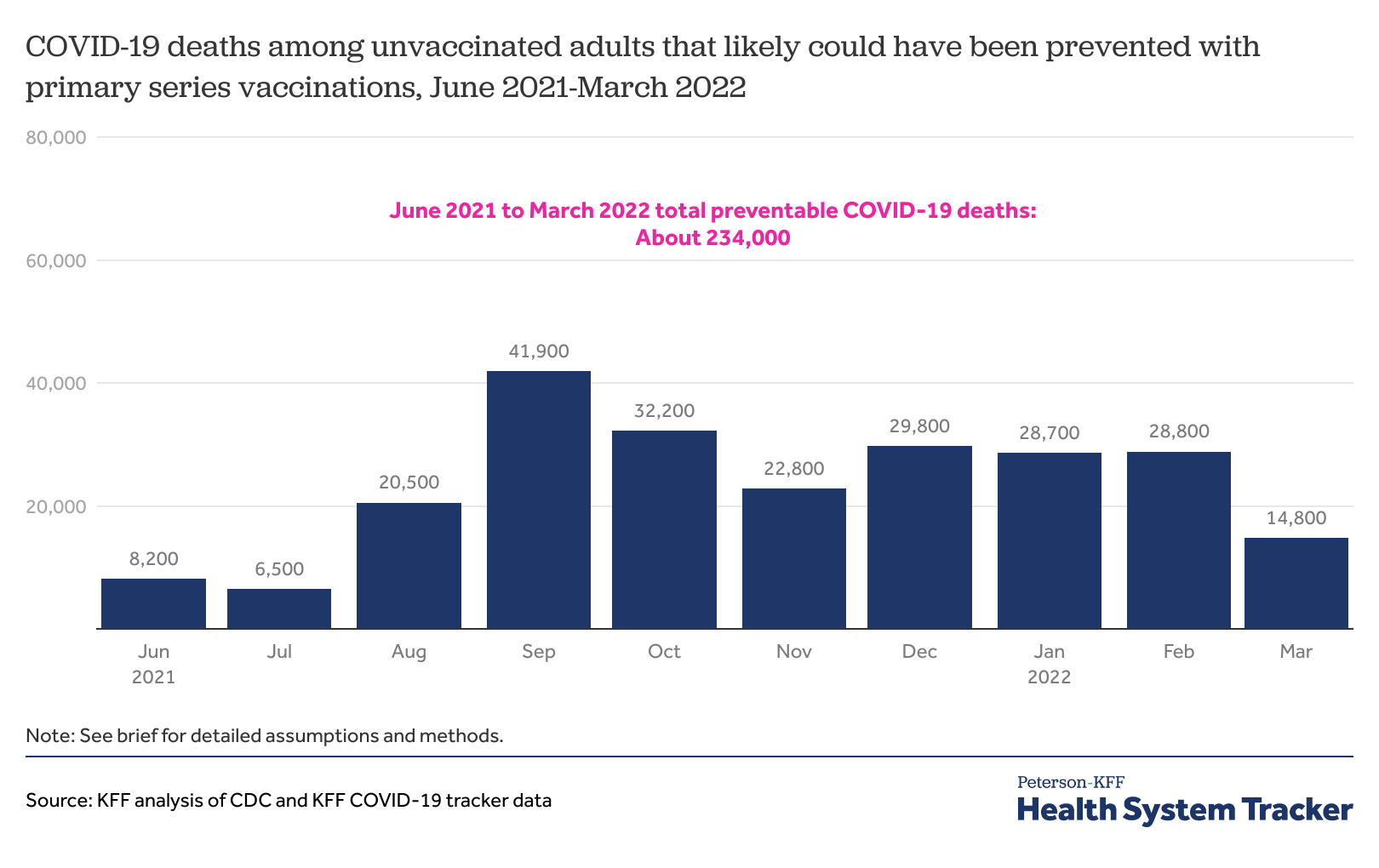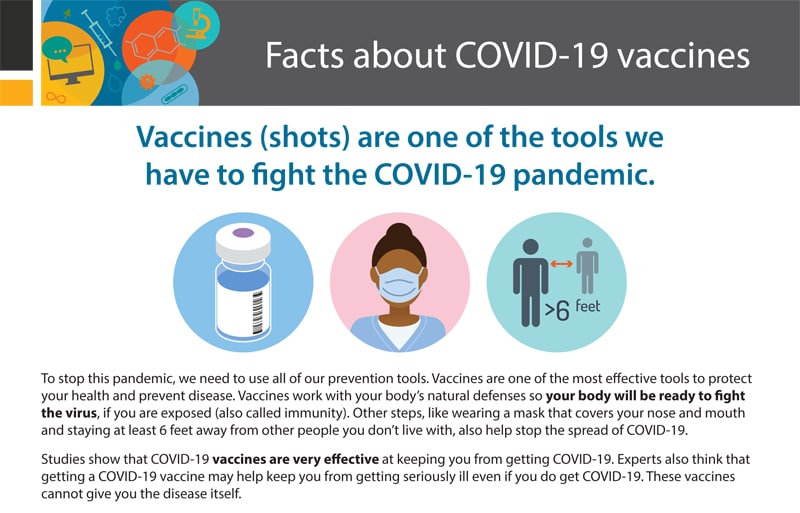

The work group also reviewed a benefit-risk assessment of myocarditis events after receipt of mRNA COVID-19 vaccines, considering recent epidemiology of COVID-19 and sequelae of COVID-19, including myocarditis and multisystem inflammatory syndrome in children (MIS-C).** The ACIP COVID-19 Vaccines Safety Technical (VaST) Work Group, comprising independent vaccine safety expert consultants, had also reviewed safety data on myocarditis after receipt of mRNA COVID-19 vaccines at its weekly meetings.

CDC NUMBER OF DEATHS FROM COVID VACCINE TRIAL
After reports of myocarditis, the work group met twice to review clinical trial and postauthorization safety data for myocarditis after receipt of mRNA COVID-19 vaccines. The ACIP COVID-19 Vaccines Work Group, comprising experts in infectious diseases, vaccinology, vaccine safety, public health, and ethics, has held weekly meetings since April 2020 to review COVID-19 surveillance data, evidence for vaccine efficacy and safety, and implementation considerations for COVID-19 vaccination programs. Since June 2020, ACIP has convened 15 public meetings to review data on COVID-19 epidemiology and use of COVID-19 vaccines. The EUA fact sheets should be provided before vaccination in addition, CDC has developed patient and provider education materials about the possibility of myocarditis and symptoms of concern, to ensure prompt recognition and management of myocarditis. The EUA has been modified to include information on myocarditis after receipt of mRNA COVID-19 vaccines. On June 23, 2021, after reviewing available evidence including that for risks of myocarditis, ACIP determined that the benefits of using mRNA COVID-19 vaccines under the FDA’s EUA clearly outweigh the risks in all populations, including adolescents and young adults.

Hereafter, myocarditis is used to refer to myocarditis, pericarditis, or myopericarditis.

Myocarditis is an inflammation of the heart muscle if it is accompanied by pericarditis, an inflammation of the thin tissue surrounding the heart (the pericardium), it is referred to as myopericarditis. After reports of myocarditis and pericarditis in mRNA vaccine recipients, ¶ which predominantly occurred in young males after the second dose, an ACIP meeting was rapidly convened to review reported cases of myocarditis and pericarditis and discuss the benefits and risks of mRNA COVID-19 vaccination in the United States. Both mRNA vaccines were authorized and recommended as a 2-dose schedule, with second doses administered 21 days (Pfizer-BioNTech) or 28 days (Moderna) after the first dose. Both Pfizer-BioNTech and Moderna vaccines are mRNA vaccines encoding the stabilized prefusion spike glycoprotein of SARS-CoV-2, the virus that causes COVID-19. § In May 2021, FDA expanded the EUA for the Pfizer-BioNTech COVID-19 vaccine to include adolescents aged 12–15 years ACIP recommends that all persons aged ≥12 years receive a COVID-19 vaccine. In December 2020, the Food and Drug Administration (FDA) issued Emergency Use Authorizations (EUAs) for the Pfizer-BioNTech COVID-19 (BNT162b2) vaccine and the Moderna COVID-19 (mRNA-1273) vaccine, † and the Advisory Committee on Immunization Practices (ACIP) issued interim recommendations for their use in persons aged ≥16 years and ≥18 years, respectively.


 0 kommentar(er)
0 kommentar(er)
